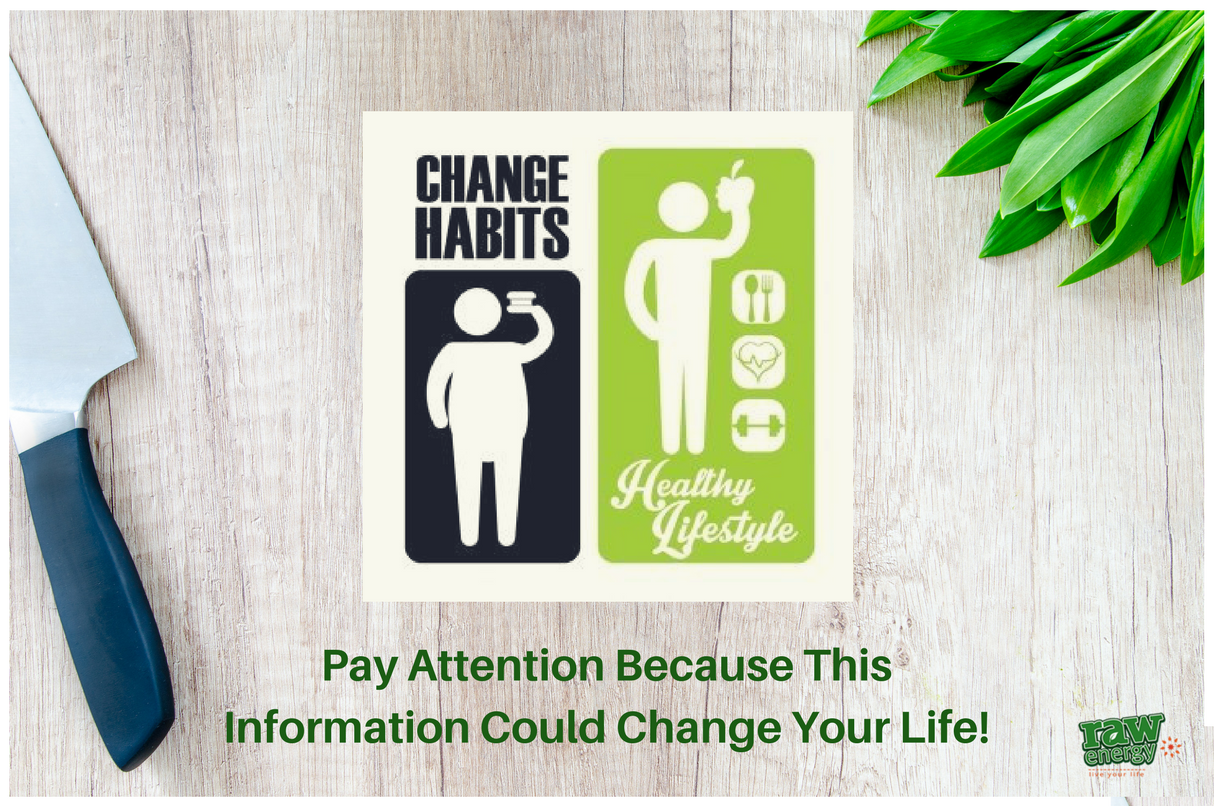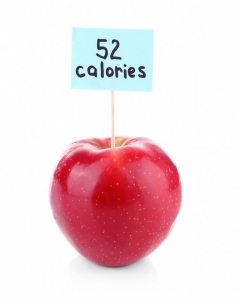How do you experience Sustained Weight Loss – especially if you’re always busy?
I’ve been in a very snowy Chicago over the last week. On the way back, I got chatting to a lovely lady called Sally who I really connected with. We spoke about all kinds of things, and, as is often the case with me, the conversation moved towards health and weight loss specifically, and it turned out that Sally has tried to lose weight for many years; has been successful short periods, but then before long the weight returned and more, so sustained weight loss has never been possible for her.
Sally’s story is a common story.

Perhaps you relate to her situation, and are looking for ways to achieve sustainable weight loss?
If you do, then you’re going to find this week’s post very useful and potentially life-changing!
One word of caution, though. Before you start reading, some of the points below will challenge common wisdom, so all I ask is that you keep an open mind as you read:

Forget Counting Calories
1. Forget calories. I know that we have been told this for ever. Losing weight is simple, just eat less and exercise more and the weight will fall off. And sure, it works. Well in the short-term anyway. However, a number of longitudinal studies challenge this view and show that people who restrict their calories don’t actually sustain weight loss in the longer-term.
Why? Because our bodies are programmed to keep us alive; and when we suddenly reduce the calories, ie the amount we eat, the body will do everything it can to protect us from starving to death. That could include slowing the metabolism down and dramatically restricting activity which the science supports.
Moreover, the calories-in, calories-out theory suggests that all calories are equal which, if you think about, doesn’t actually make much sense. For instance, is a 200 calorie bag of crisps (potato chips) really the same as a large banana? From a nutriential point of view, of course they are not.
2. Avoid high carb diets. In truth, these starch-diets are completely based on sugar as far as the body is concerned . So, to translate, a bowl of pasta, or a bowl of white rice = a bowl of sugar. Similarly, low fat diets also = high sugar diets. There’s been a lot of media attention recently about the amount of processed sugar that we’re inadvertently eating, and here’s a very quick guide to help you if you’re worried about the amount of sugar you’re currently eating and drinking: www.getrawenergy.co/sugarsicklyorsweet.
So that’s a couple of things to avoid……and here’s a few things to do:
3. Eat foods that are satisfying like protein (fish & meat for example) and fats (nuts) as they release energy more slowly and help to maintain a balanced blood sugar which is really important. In short, focus on quality over quantity.
4. Do the ‘history test’. As a species we have been around for a long time, over 2 million years at least, and since the beginning, we’ve been hunting and gathering our foods. In practical terms, this means that our bodies have evolved to deal with certain types of foods like proteins and fats that have been around the whole time.
This isn’t the case with diet coke, fruit loops and jammy dodgers. Sorry!
5. Intermittent fasting. There are lots of examples of this in practice and something I do everyday. Basically, intermittent fasting gives your body a break and allows you to burn fat rather than sugar.
What do I do? Every morning, I will have a very light breakfast by most standards: water, tea and green juice. I don’t want anything else and that keeps going to lunch at least. I know this is controversial as it against the ‘breakfast is the best meal of the day’ advice, but it works for me. Of course, we are all different, but if you’re keen to incorporate the habit of intermittent fasting into your life, try it by having breakfast later and later to see how you feel. One big word of caution, though. I am NOT saying let yourself get hungry! Hunger isn’t good for us at all as it makes us grumpy and takes away our focus from pretty much everything.

6. Exercise efficiently. If you’re time poor like me, then consider incorporating more efficient forms of exercise into your daily routine. Resistance training for 10 minutes per day, for instance, will help keep you strong, and a period of High Intensity Training is a good way to keep you fit efficiently.
7. Reframe the word ‘diet’. In our weight-conscious society, we tend to think of a diet as something we go on and come off of. Think again.
In fact, consider a diet to be what you eat and drink all of the time to sustain weight loss and optimum health.
In my opinion, it’s fine to occasionally go mad and gorge yourself on cake, crisps and other poor foods, as it’s the food and drink you eat most days that will make all of the difference. Just be careful with your interpretation of ‘occassionally’. My occassionally might be once a month. Other people, such as Tim Ferris, in his bestselling book: ‘The Four Hour Body’, talks about having a cheat day once every week.
8. Be cautious over research. Whenever you’re next confused over what the media is telling you to eat this week, do the ‘history test’ outlined above and also check the source of the latest research that they quote. Chances are that the study has been sponsored by the industry!
For instance, logic tells you that an artificial chemically-created sweetener like Aspartame isn’t going to be that great for our health; and yet we drink gallons of the stuff in the form of many popular diet drinks – a number of independent studies support this view; but other Aspartame industry studies found a very different perspective. Who would you believe?

Many Drinks Contain Aspartame – Is That OK?
So there you have it, a few practical tips to help you achieve sustainable weight loss, maintain a healthy weight and prevent future diseases. Good luck and just get in touch if you need some guidance and help on your own wellbeing journey.
For more tips on sustainable weight loss, sign-up for our Healthy Habits newsletter:








